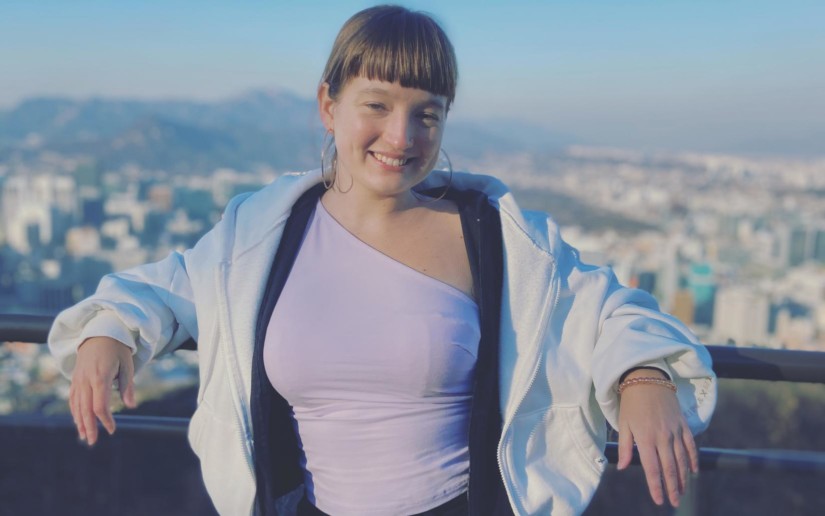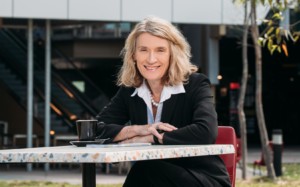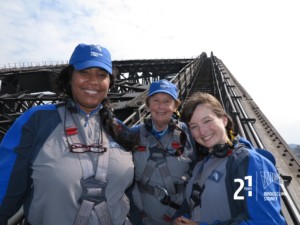Taking action to beat cancer
5 February 2020
News

Maddy Ritchie was diagnosed with a rare form of childhood cancer just four weeks before her 18th birthday. She went through 12 months of aggressive chemotherapy and radiation treatment while she should have been doing her HSC.
“Missing out on the HSC and not having the experience of graduating as well as celebrating the end of school was quite saddening. It is something I will never get back nor will ever experience.”
Now, Maddy is studying nursing at the University of Technology Sydney (UTS) with the aim of becoming a midwife, after cancer treatment left her infertile.
“I want to be a part of other womens’ journeys through pregnancy and birth,” she said.
Currently, nearly ten million people die each year from cancer worldwide. That’s more than deaths from HIV/AIDS, malaria and tuberculosis combined. By 2030, experts say cancer deaths are expected to rise to 13 million.
With this research, we are transforming cancer detection, treatment and survivorship.
Professor Suzanne Chambers AO
Dean of the Faculty of Health
Through investment in research and innovation, there have been extraordinary breakthroughs in medicine, diagnostics, and scientific knowledge, particularly over the last 30 years. The more that is known about the disease, the more progress can be made in reducing risk factors, increasing prevention and improving cancer diagnosis, prevention, treatment and care.
Professor Suzanne Chambers AO, Dean of the Faculty of Health at UTS, says being a part of the Sydney Partnership for Health, Education, Research and Enterprise (SPHERE) helps break down the barriers to high quality healthcare.
“We work in a collaborative framework that includes five health networks and more than 30 health, education and research sites across New South Wales. With this research, we are transforming cancer detection, treatment and survivorship.”

Professor Suzanne Chambers AO, Dean of the Faculty of Health at UTS
Maddy said, “Research I believe is everything, key to improving survival rates and quality of life. We still have such a long way to go, however. Since I finished treatment in 2016, there’s been much improvement in treatment options and outcomes have improved greatly. I am very excited for the next 5 – 10 years of research and seeing survival rates increase, improved quality of life, and hopefully in my lifetime, a cure.”
On World Cancer Day, researchers, along with people who have survived cancer themselves, are living with cancer or have cared for someone with cancer, will trek to the summit of the Sydney Harbour Bridge. It’s an opportunity for people to tell their stories, and for researchers to explain the many medical advances leading to more people living well after cancer.

Sydney Harbour Bridge climbers (L-R) Dr Antoinette Anazodo, Reina French and Maddy Ritchie
“Our aim is to raise awareness and highlight the importance of research to improving the lives of those living with and beyond a cancer diagnosis,” said Professor Chambers.
“I am beyond honoured to be climbing the bridge and to promote the importance of research alongside survivors and carers. Although we will all be joined together through adversity, there is so much strength and power in this experience. I am very excited and grateful to take part,” said Maddy.
This article is republished with permission. View the original article here.